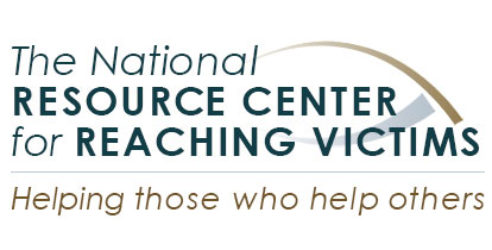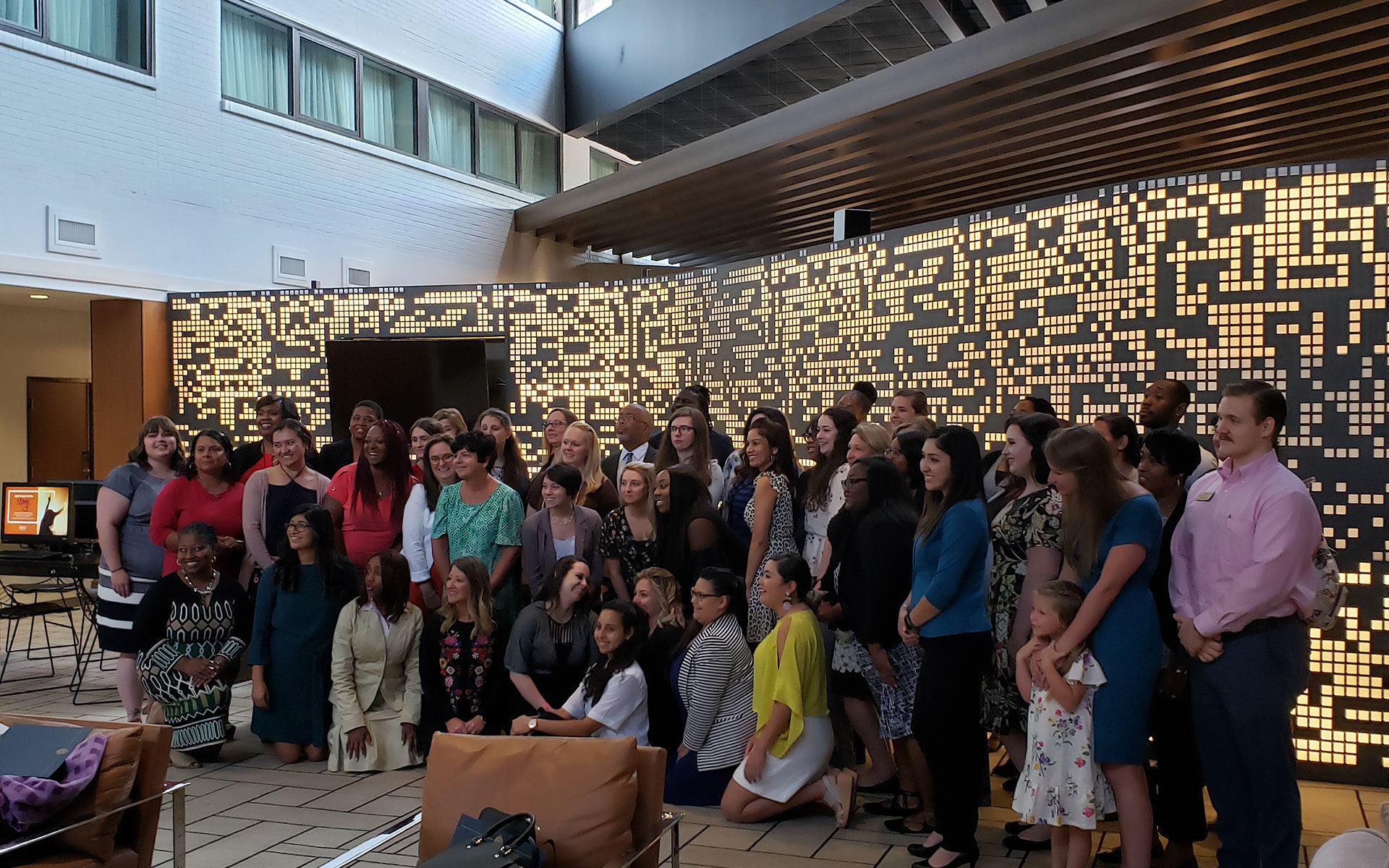Crime victims who have a history of incarceration carry both the trauma of suffering violence and the burden of stigma that comes from having spent time behind bars. This stigma can create real barriers to healing. In this webinar, victim service providers from rural Iowa and Newark, New Jersey will discuss how they have worked intentionally to open their doors to formerly incarcerated survivors, support their staff to work with this population, and create trauma-informed programs that reach more survivors in their communities.
Through a highly interactive and engaging process, learn how you and your program can better reach survivors from underserved communities. Together, we will explore topics, such as: Who is being served by your program and who is not, Barriers to services and what you can do to remove them, Steps you can take to strengthen partnerships, build trust, and engage
communities, Healing-informed, culturally responsive approaches to services, and Resiliency among survivors and advocates. You will leave the training with an action plan to help you take what you learn and make practical changes in your work and program.
This training series is designed for victim advocates who work with a range of victims and survivors across the lifespan. Advocates in systems such as law enforcement, prosecution, and probation, as well as community-based advocates working from organizations such as culturally specific victim services, domestic violence and sexual assault services, homicide, or gun violence services are encouraged to attend.
This training series is designed for victim advocates who work with a range of victims and survivors across the lifespan. Advocates in systems such as law enforcement, prosecution, and probation, as well as community-based advocates working from organizations such as culturally specific victim services, domestic violence and sexual assault services, homicide, or gun violence services are encouraged to attend.
Training is FULL.
Through a highly interactive and engaging process, learn how you and your program can better reach survivors from underserved communities. Together, we will explore topics, such as: Who is being served by your program and who is not, Barriers to services and what you can do to remove them, Steps you can take to strengthen partnerships, build trust, and engage
communities, Healing-informed, culturally responsive approaches to services, and Resiliency among survivors and advocates. You will leave the training with an action plan to help you take what you learn and make practical changes in your work and program.
Welcome to WordPress. This is your first post. Edit or delete it, then start writing!


